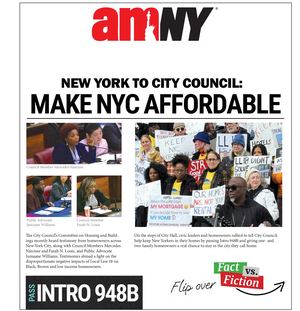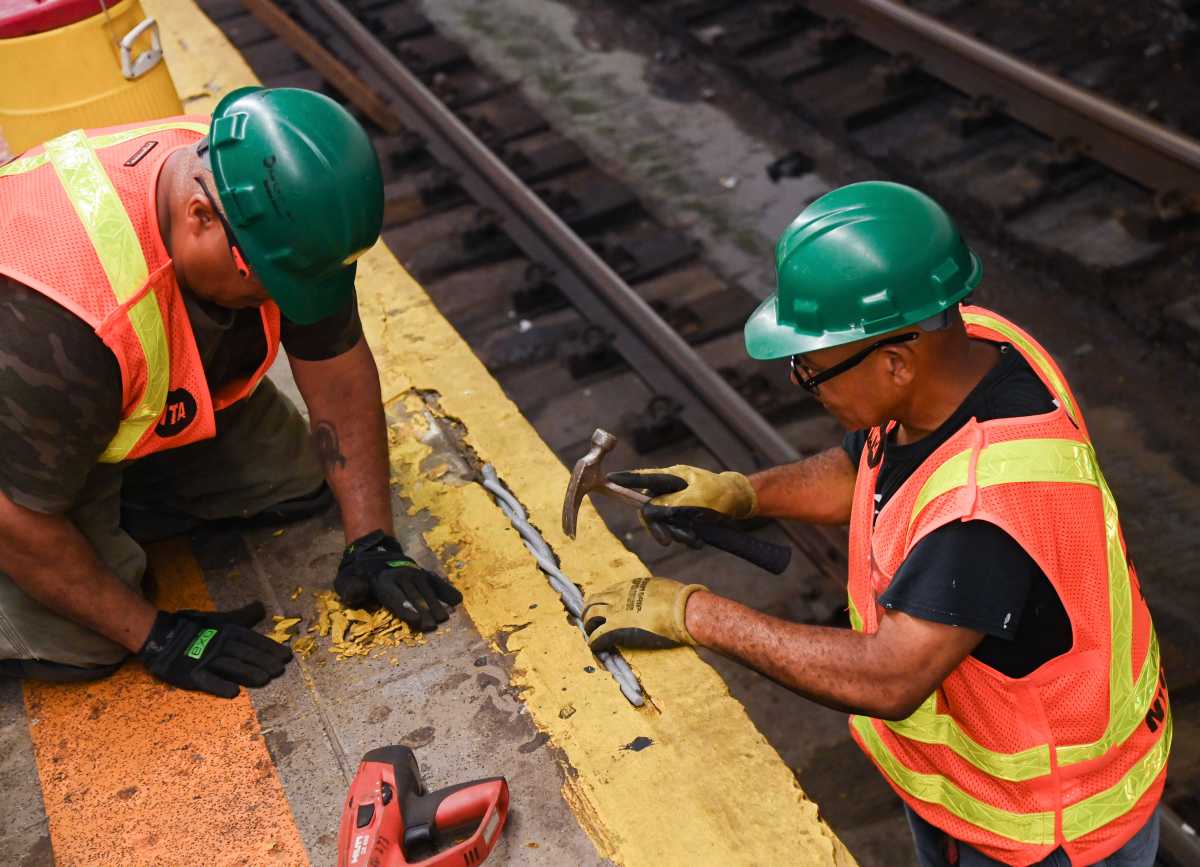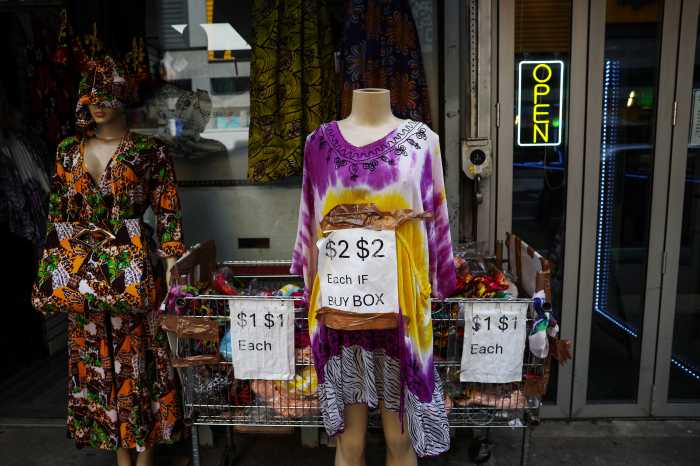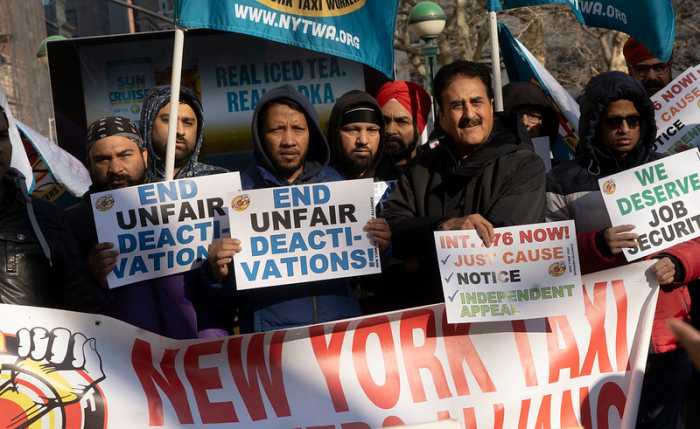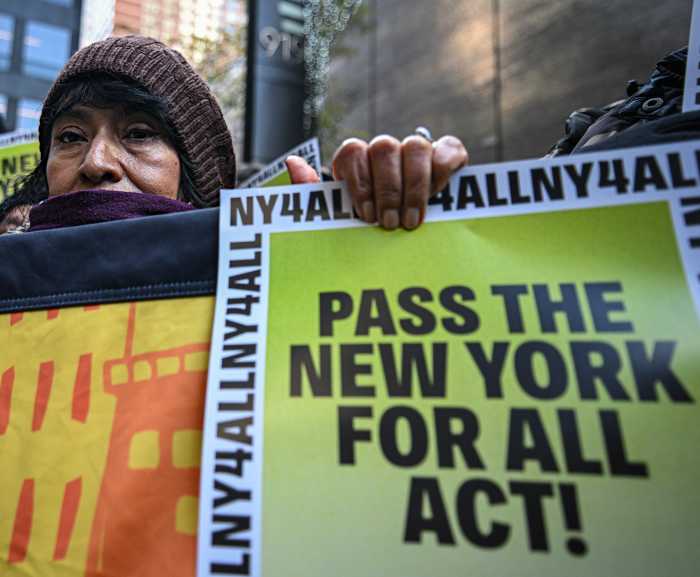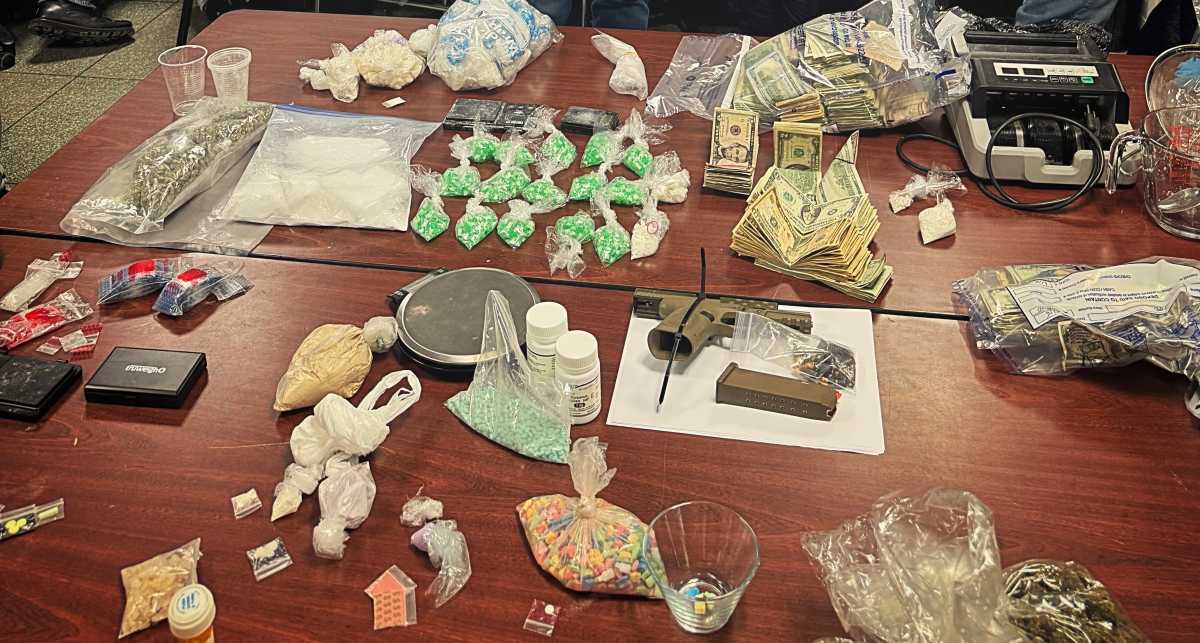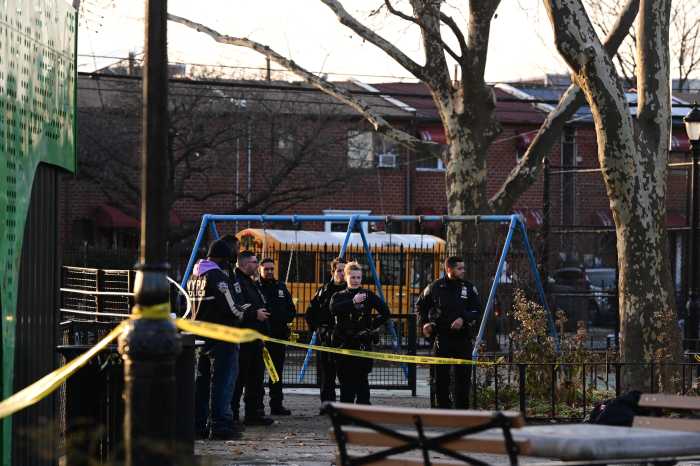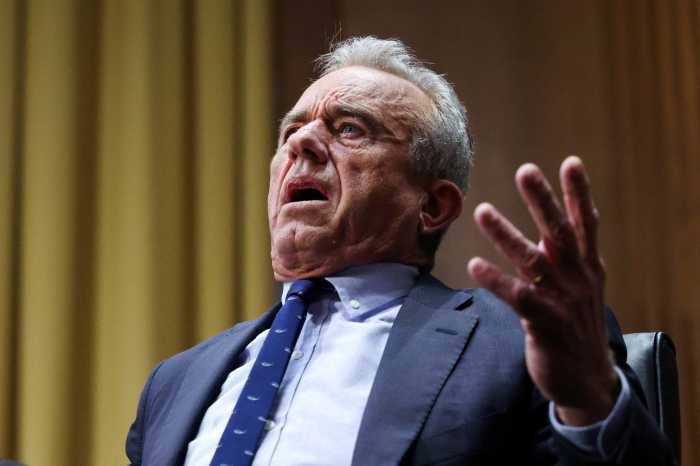A troubling survey released last week found that MTA workers were, more often than not, facing a hostile work environment while on the job — from verbal harassment to even physical assault.
New York University’s School of Global Public Health led the survey in conjunction with Transport Workers Union Local 100, the labor organization that represents tens of thousands of MTA New York City Transit workers. The poll found that the vast majority of respondents said some form of harassment or assault between 2020 and 2023.
Nearly half of the 1,297 union members who responded to the survey said they had been either verbally harassed, intimidated or assaulted while on duty. One in five workers even said they experienced theft; another 6.3% said they were either sexually assaulted or harassed on the job.
After the survey was published, interim MTA New York City Transit President Demetrius Crichlow mailed NYU President Linda Mills to question the findings and how the poll was conducted. He suggested the results were skewed by “using open-ended questions designed to generate a maximum response from only those most motivated to participate.” Even the survey’s authors admit that participation in the survey was low, with only about 11% of the total union workforce bothering to send back a response.
Despite Crichlow’s doubts about the survey’s methodology or intentions, the unacceptable reality is that far too many MTA workers, regardless of however many or few, are subjected to on-the-job duress.
We have seen numerous instances in which riders lash out against bus drivers, subway operators and token booth clerks — sometimes with violent results. The MTA’s often-repeated warning that “assaulting a MTA worker is a felony” punishable by up to 7 years in prison does not seem to dissuade unhinged individuals from going on the attack.
No bus operator, subway motorman or token booth clerk should face any kind of violence on the job. Surely, no survey is necessary to reach that conclusion.
To its credit, the MTA has not stood in the way of increasing safety. The “Cops. Cameras. Care” initiative which surged additional NYPD officers into the subway system and added cameras systemwide is one sign of the agency’s efforts to boost safety for both straphangers and workers alike.
In addition to being proactive in combating crime and harassment, the MTA and its partners in the criminal justice system should throw the book at anyone caught assaulting or harassing any of their workers — seeking the maximum sentences possible upon conviction.
Moreover, the MTA should move to ban the most violent, egregious offenders from public transit completely; if they can’t respect those who keep the city moving, then they ought to lose the privilege of using public transit.
And all New Yorkers should give the MTA workers the respect they deserve, guided by the “golden rule” of treating them as they themselves would want to be treated.
Read More: https://www.amny.com/news/
